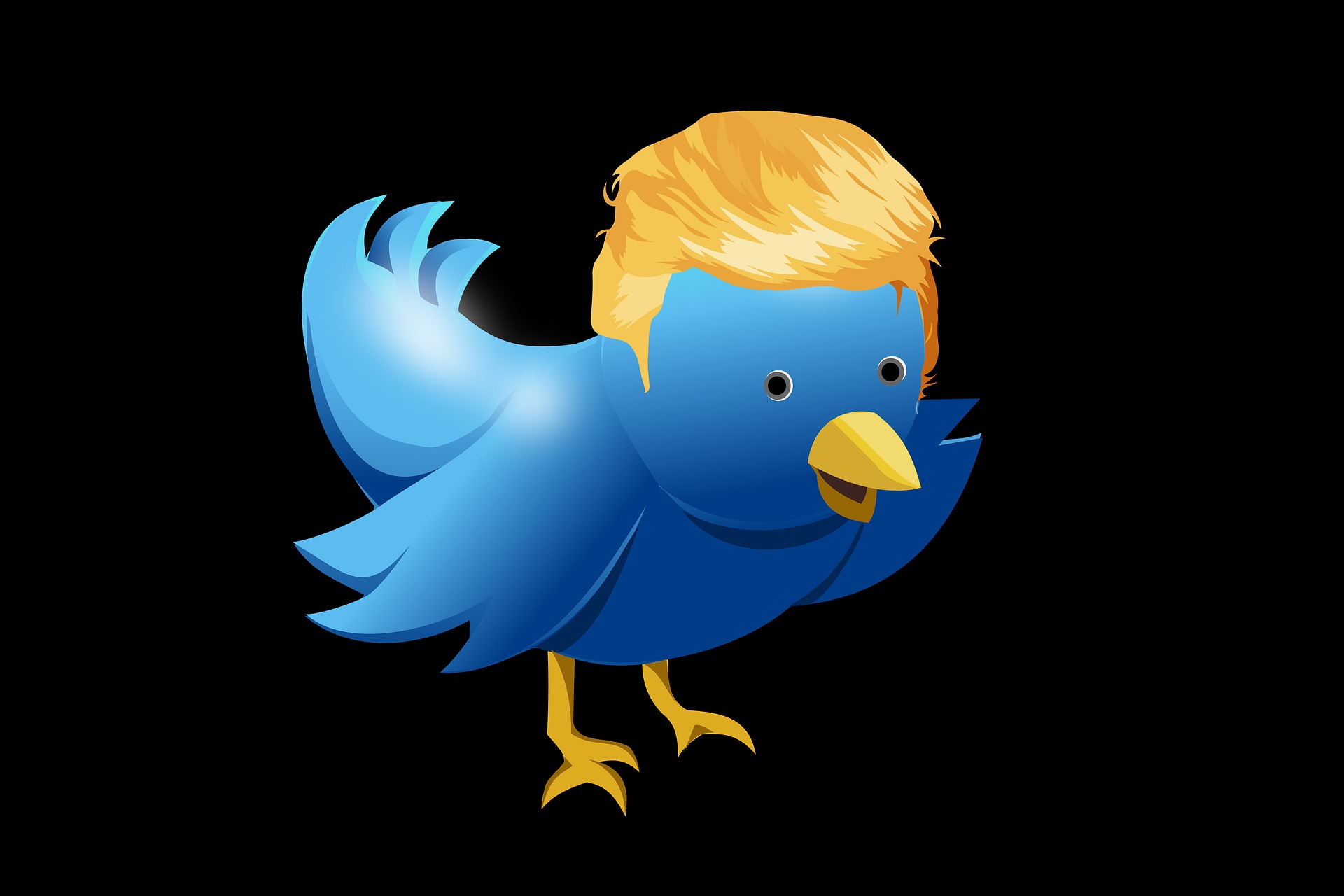News release
From:
Public Attitudes About COVID-19 in Response to President Trump’s Social Media Posts
JAMA Network Open
Research Letter
Public Attitudes About COVID-19 in Response to President Trump’s Social Media Posts
About JAMA Network Open: JAMA Network Open is the new online-only open access general medical journal from the JAMA Network. On weekdays, the journal publishes peer-reviewed clinical research and commentary in more than 40 medical and health subject areas. Every article is free online from the day of publication.
What The Study Did: Researchers used near real-time social media data to capture the public’s changing COVID-19–related attitudes when former President Trump was infected.
Authors: Sean D. Young, Ph.D., of the University of California, Irvine, is the corresponding author.
(doi:10.1001/jamanetworkopen.2021.0101)
Editor’s Note: The article includes conflict of interest and funding/support disclosures. Please see the article for additional information, including other authors, author contributions and affiliations, conflict of interest and financial disclosures, and funding and support.
# # #



 International
International



